
FREE SHIPPING ON
ALL QUALIFYING ORDERS
Enter your email below to join our mailing list:
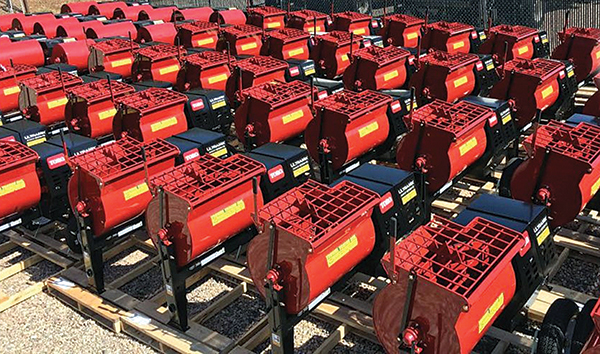
By Maureen Upchurch (Originally posted by Pro Masonry Guide in the Feb/Mar issue.)
As a mason, the decision between renting versus buying masonry equipment has a direct impact on your bottom line, which is greatly impacted by purchasing equipment. When equipment needs arise, you sometimes have a decision to make. This guide to renting versus buying masonry equipment did the homework to help you decide.
Masonry equipment can run the gamut of size and scope. How does an owner know whether it is best to purchase this new equipment or to rent it? Recommendations on obtaining equipment will differ with each piece of equipment, from a trowel to a telehandler.
“The time to rent is when equipment is more than you can afford,” states Mark Maleski, PE, president of Trowel Trades Inc. in Suwanee, Ga. “Everyone can afford hand tools,” he notes, but as products increase in size and price, additional considerations need to be reviewed.

The frequency a company uses or anticipates using a product is one of the main determinations when is time to decide between renting versus buying masonry equipment.
To start, Maleski urges masons to consider the day-to-day applications of each piece of equipment. For example, he suggests a mason should have two mixers per jobsite. If a company averages five jobs simultaneously, he says owning 10 mixers is the right fit. But what if a job is larger than expected or a new project starts sooner than scheduled? “You don’t want to buy a mixer for that job,” he says. “Renting can fill in that overlap.”
Damian Lang, CEO and president of Lang Masonry and Restoration Contractors in Watertown, Ohio, has a general rule: “If the equipment is needed on the jobsites more than 75 percent of the time, it is cheaper to own it rather than rent. On smaller equipment such as mortar mixers, we believe a 50 percent usage can justify purchasing.”
Lang Masonry purchases about 80 percent of the equipment it uses on the jobsites and rents the remaining 20 percent.
The decision between renting versus buying mason equipment “really depends more on frequency of use in the under-$5,000 categories,” says John Wooten, CEO of All Star Rents and All Star Floor Prep and Polish in Fairfield, Calif. “For price points above that, items tend to require more space, maintenance, hauling requirements. For these larger items, renting can make a lot of sense.”
“If you need a piece of equipment for the long term, it will be much cheaper to purchase,” adds Lang. “You own this equipment, so when you no longer need it, you can sell it and generate some cash for yourself.”
Since the end of the recession, more and more companies are choosing to rent, according to the American Rental Association (ARA). Forecasting a growth rate of 4.5 percent in 2018, they predict the amount of rentals will grow at a similar rate each year through 2021. While the sector continues to grow, decisions to rent remain based on key factors. Maleski says these factors include maintenance of the product, the practicality of storing and transporting the equipment and the availability of a product.
Wooten at All Star Rentals encourages his customers to consider the additional cost of maintenance. How will buyers keep a unit in working order? Will it require a mechanic on staff or can it be serviced? If it can be serviced, where? How do these costs affect the bottom line?
As a firm looks to acquire additional products for its jobsite, it should determine if the jobsite has adequate room to house the product. Is there space available in the yard for the new equipment? If so, how will it be transported to the jobsite? Hand-held tools and saws are easily moved, but as the equipment gets larger, the cost to transport gets higher. “When you are using a mud buggy or big rental item for specific jobs, they are heavy. You don’t want to move it,” Maleski says. “When you rent, someone else will deliver it, drop it off and pick it up.”

The exact product needed for a job may be difficult to locate for purchase. In this case, Wooten says, “Rental companies usually have the specific piece of equipment you need. The rental yard will most likely have several different types of the product. It gives you the option to select the perfect one for your job requirements.”
Additionally, these units are modern, serviced and ready to go – with maintenance, insurance and ownership liability handled by the rental company.
Does the average mason need to own heavy equipment? “With heavy equipment, aerial work platforms, boom lifts and more, renting is often preferred,” says Tony Conant, CEO of ARA. “The equipment is used for specific tasks or applications. Once that task is completed, the equipment can be returned and other equipment better suited for the next task can be rented.”
While renting has some valuable benefits, equipment purchase can be vital, too. While usage frequency is a good determining factor, other factors to consider include efficiency and convenience.
There is an efficiency associated with owning, observes Wooten. “The items are kept with the work crew. This removes the need for an employee to go to the nearest rental yard,” he says. “It keeps the man hours on the jobsite.”
And, should there be an unforeseen delay in the project, your unused equipment is not generating rental fees while idle.
Lang adds that the convenience of ownership goes a long way. “You have the equipment anytime you need it. There are times that rental companies cannot deliver the products you need when you are ready to start your next project.” With ownership, you are not depending on someone else to complete your job.

When it comes to decide between renting versus buying mason equipment, both options have their own benefits, but what happens when you rent a piece of equipment that you decide, mid-project, you want to own? This happens often with such items as temporary fencing and scaffolding. “Every business owns some scaffolding, but they only have a certain amount. When you need more, you can rent it or buy it as you are renting,” notes Maleski. “Fencing is similar. You never know how much you need for each job until you are there.”
Every company is different in their approach to rent-to-own. For Maleski, if a customer chooses to buy mid-rental, Trowel Trades will reimburse masons their first month’s rental fee once the purchase is complete. Wooten, who also chairs the Shared Interest Group, General Tools and Equipment for the ARA, says his company operates a rental purchase option. “You rent the item for an agreed upon time and price, then own it at the end of the transaction,” he says. “It is best to have that conversation on the front end of the rental rather than after a customer has paid six months of rent.”
Lang agrees with Wooten, “If you are not sure how long you are going to rent a piece of equipment at the onset of a project, it is wise to set a rent-to-own program up front. Then, if you need the equipment longer than you planned, it could be to the user’s advantage to purchase it at the end of the lease/rent period.”
In some cases, there is not a question of when to rent and when to buy. Sometimes the answer is obvious. With the acquisition of scaffolding access, practicality prevails. “Walk boards are perishable,” Maleski says. “You buy them for a job, use them and return to the yard. They will rot, and two years later you will need to buy more.” In this case, he recommends renting as the best option.
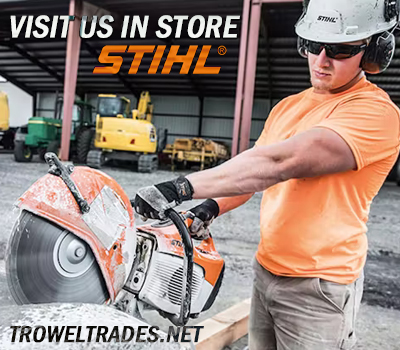

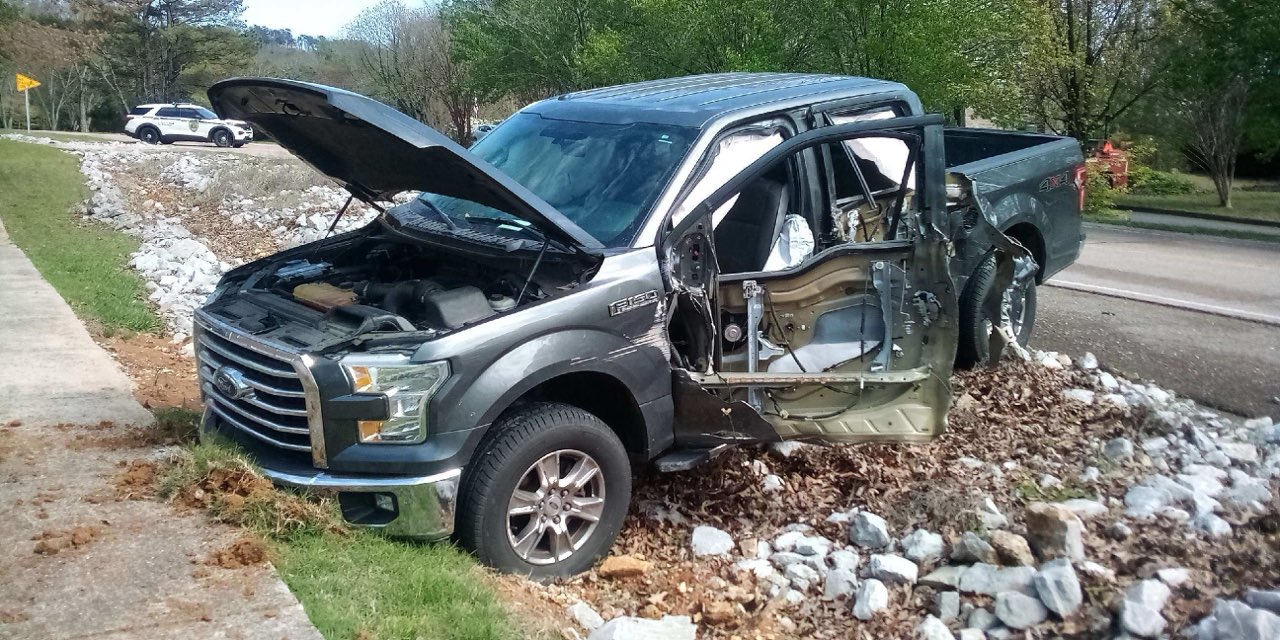
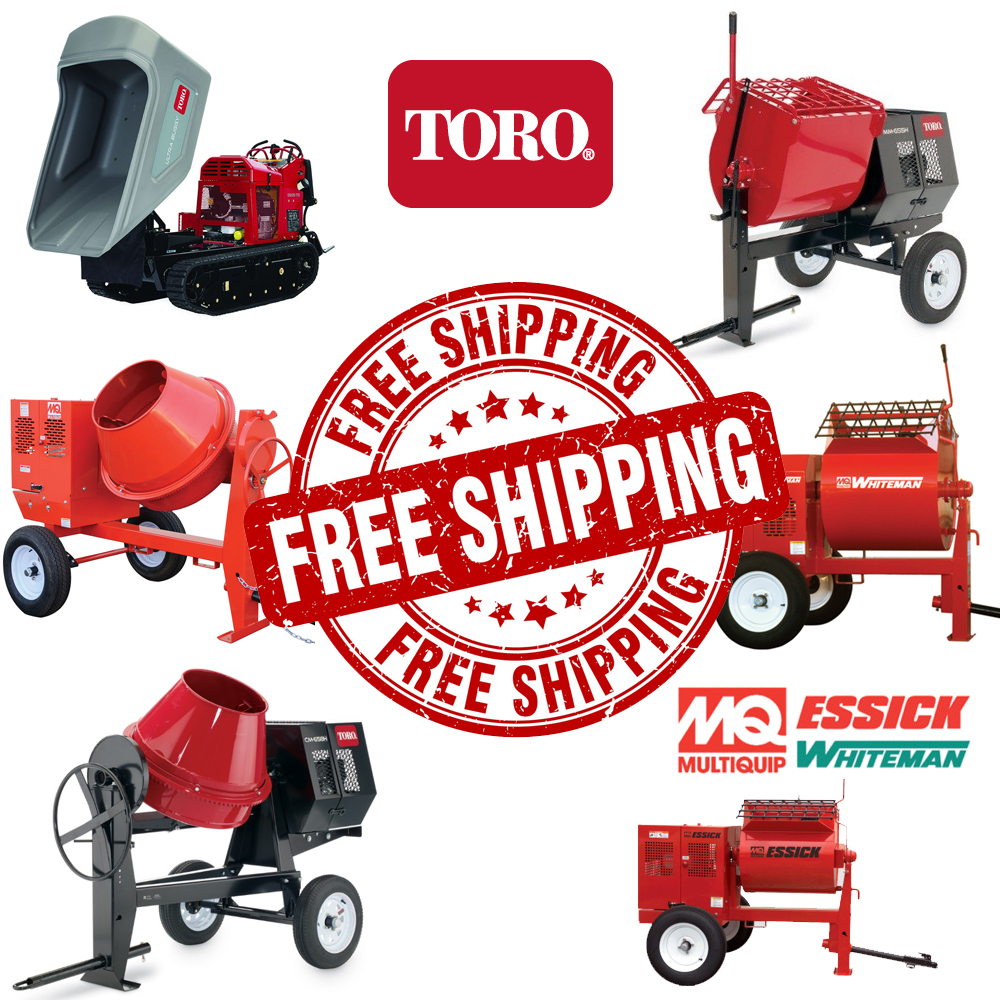
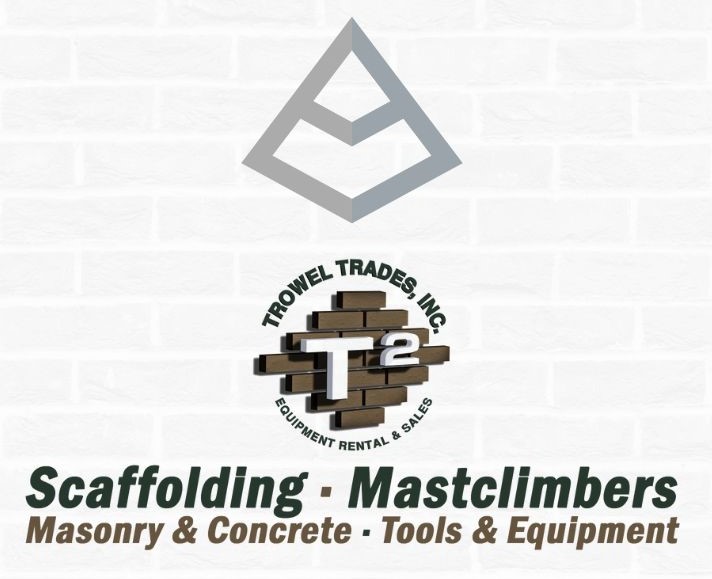
No spam, notifications only about products and updates.

Having dealt with MK Diamond Products and the Delahauts since the mid 1990’s it is sad to hear the news that they have closed their

I’ve told my wife and daughter to never follow a mortar mixer down the interstate. For over 30 years we have sold, rented, and repaired

This question is one of the most frequent mixer related questions our rental staff are asked. Our contractor customers know the importance of using the right tools for the job.

Trowel Trades, a company that specializes in equipment rental, tool retail, repair services, scaffolding and mast climber access solutions, enters the Silver Tier of the Masonry Alliance Program.
Your email was submitted successfully.
YOUR 10% OFF COUPON CODE IS WELCOME10.
See category exclusions below.
Category Exclusions:
Arbortech Brick and Mortar Saw, Compaction, Concrete Mixers, Concrete Walk Behind Saws, Drop Hammers, Grout Hogs, iQ Power Tools, Masonry Block Saws, Masonry Brick Saws, Mast Climbers, Mortar Mixers, Mud Buggy, Saws, Scaffold, Self Dumping Hoppers, Shoring, and Stihl